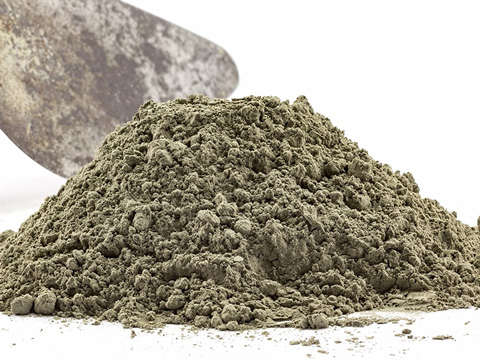
Calcium Aluminate Cement, also known as aluminous cement and abbreviated CAC, is a cement type predominantly made up of hydraulic calcium aluminates and is used in various small-scale specialized applications. This kind of cement is prepared by mixing low-silica bauxite and limestone was first patented in France in the 1900’s by Bied of Pavin de Lafarge Company. The initial development of the cement can be attributed to the search for a cement type that could offer sulfate resistance.
The main active constituents of CAC is monocalcium aluminate and also contains calcium aluminates and other less-reactive phases that are derived from the impurities of these raw materials. The main application of this cement is as binders in monolithic refractories amongst other applications including industrial flooring products, sewer applications, and floor screeds to mention but a few. Here is a look at how it is used in some of these applications.
Monolithic Refractory Binder
One of the primary applications of calcium aluminate cement is as a binder for specific refractory castables. This is because the cement can bond precision-graded aggregates even in their green state. When these materials are heated up, the cement sinters with the resulting aggregates, creating a refractory matrix. The end products are then used in castables like silicon carbide and chamotte and have applications in the steel and iron industries.
Sewer Applications
Since liquid waste is becoming more concentrated, there is a need for more resistant construction materials to be used. CAC contain no lime, something that can be attacked by sulfates. At the same time, calcium aluminate cements are more resistant to biogenic corrosion and abrasion.
Domestic Fireplaces
Refractory concretes can be made and assembled into metal enclosures which are then finished with masonry materials and conventional wood facades giving them the look of a traditional masonry fireplace. Made using high alumina cement and lightweight aggregates, this refractory cement is highly resistant to heat, making it a great option for a fireplace.
Chemical-Resistant Concretes
CACs produce concretes with greater resistance to abrasion and sulfate attacks and lower porosity matrix making them the best option for creating chemical resistant concretes. These products are mainly used in industrial floorings like cast house floors.

